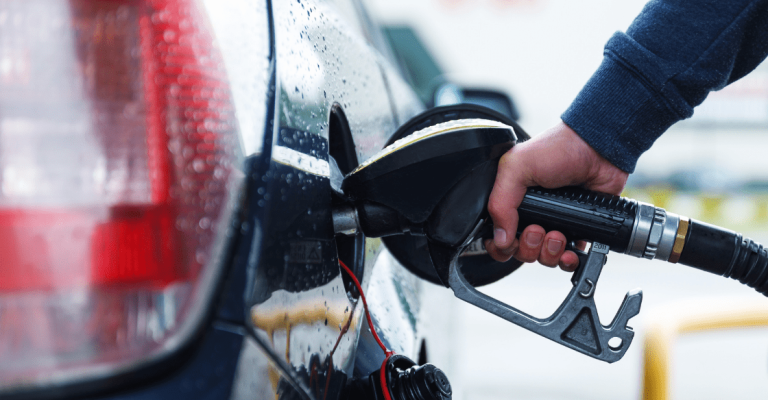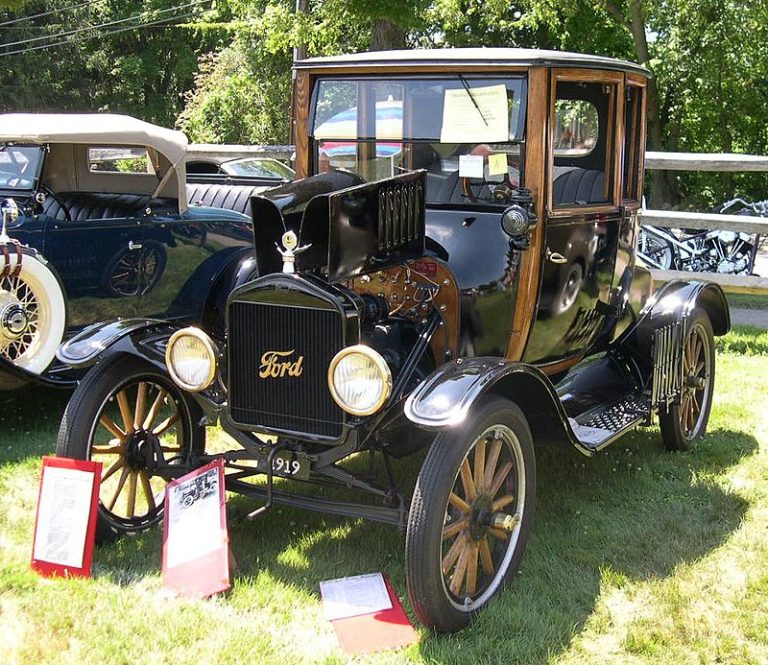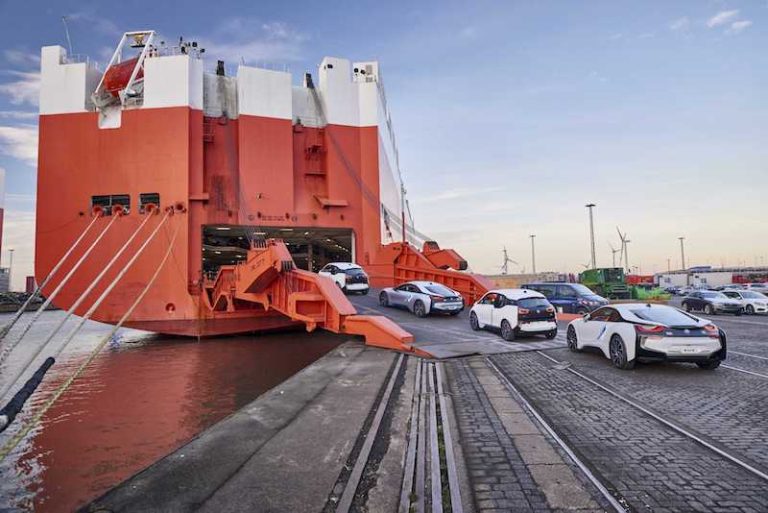What Is MPG In Cars?
Are you trying to make sense of fluctuating gas prices, or perhaps considering a new vehicle purchase? Either way, you’ve likely come across the term ‘MPG’ and wondered what it means. Well, you’re in the right place. I’m here to find out what MPG stands for and why it’s crucial in determining a car’s fuel efficiency.

What Is MPG In Cars?
MPG stands for miles per gallon. It’s a unit used in the United States to measure a car’s fuel efficiency. In simpler terms, it tells you how far a car can travel on a single gallon of fuel.
Here’s a breakdown of MPG:
Higher MPG indicates better fuel efficiency: A car with a higher MPG rating can travel more miles on the same amount of fuel compared to a car with a lower MPG rating. This translates to lower fuel costs and reduced environmental impact.
MPG is affected by various factors: Real-world MPG can differ from the numbers advertised by manufacturers. Here are some things that can influence MPG:
- Driving habits: Aggressive acceleration, frequent braking, and speeding can significantly decrease MPG.
- Road conditions: Stop-and-go city traffic typically results in lower MPG compared to highway driving.
- Car’s weight and size: Larger, heavier vehicles generally have lower MPG ratings.
- Fuel type: The type of fuel used (gasoline, diesel, etc.) can also affect MPG.
MPG is an important factor to consider when buying a car. It can significantly impact your ownership costs over time, especially with rising fuel prices. For environmentally conscious consumers, MPG is a key metric when choosing a car with a lower carbon footprint.
What Is A Good MPG For A Gas Model?
A good MPG for a gas-powered car depends on several factors, including the car’s size, type, and your personal driving habits. Here’s a general guideline:
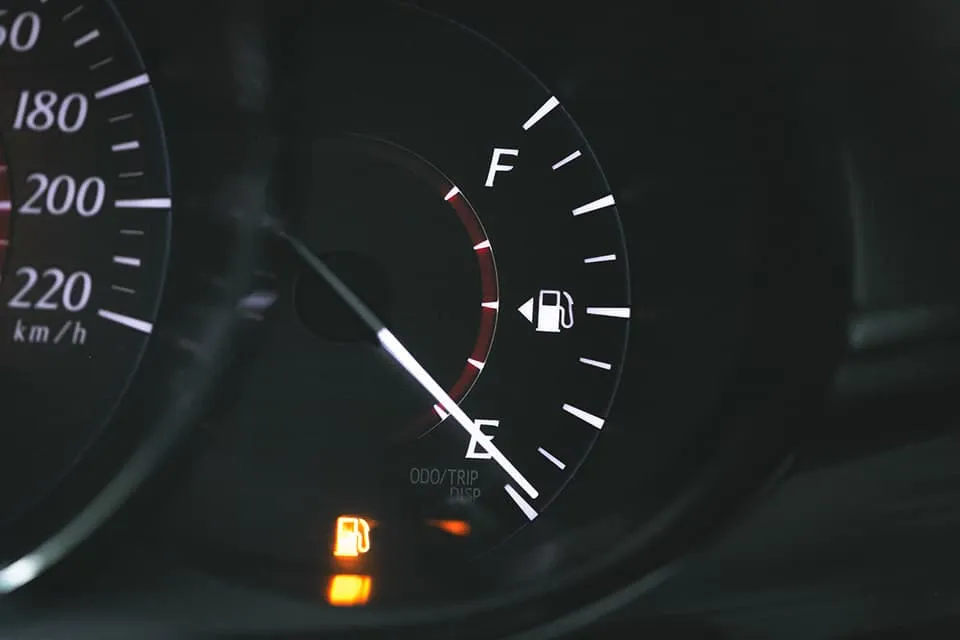
Excellent MPG:
- Above 50 mpg – This is typically achieved by small, lightweight cars with hybrid or electric powertrains.
Very Good MPG:
- 40 – 50 mpg – This range is becoming increasingly common for compact and mid-size sedans, especially hybrids and fuel-efficient gas models.
Good MPG:
- 30 – 40 mpg – This is a good range for many car types, including larger sedans, small SUVs, and fuel-efficient pickups.
Fair MPG:
- 20 – 30 mpg – This is an average MPG for many larger SUVs, vans, and muscle cars.
Poor MPG:
- Below 20 mpg – This is typically seen in large trucks, performance SUVs, and some sports cars.
Here’s how these ranges can apply to different car types:
- Small Cars: Aim for 40 mpg or higher.
- Mid-Size Cars: 35 mpg or higher is good.
- Large Cars: 30 mpg or higher is respectable.
- SUVs: For smaller SUVs, 30 mpg or higher is good, while larger ones might be in the 20-25 mpg range.
- Trucks: MPG expectations vary depending on size and engine power. Full-size trucks might get 15-20 mpg, while smaller pickups can reach the 20-25 mpg range.
Why Does Every Car Have Multiple MPG Figures?
Cars have multiple MPG figures because they are not tested in just one driving scenario. Here’s the breakdown:
Different Driving Conditions, Different MPG:
- Real-world driving involves a variety of situations, from city traffic congestion to highway cruising. Each condition affects fuel efficiency.
- To provide a more comprehensive picture, car manufacturers and regulatory bodies (like the EPA in the US) use multiple MPG ratings based on standardized tests that simulate different driving scenarios.
Types of MPG Ratings:
- City MPG: This figure represents the car’s fuel efficiency in simulated stop-and-go city traffic with frequent accelerations, braking, and idling. City MPG is typically the lowest rating because these conditions are harsh on fuel economy.
- Highway MPG: This rating reflects the car’s fuel efficiency in simulated highway driving with constant speeds and minimal stopping. Highway MPG is generally the highest rating as these conditions allow for optimal fuel efficiency.
- Combined MPG: This is an average of the city and highway MPG figures. It’s intended to represent a more realistic MPG for everyday driving that combines both city and highway conditions.
Why Is A Car’s MPG Important?
A car’s MPG (miles per gallon) is important for several reasons, impacting both your wallet and the environment. Here’s a breakdown of why MPG matters:
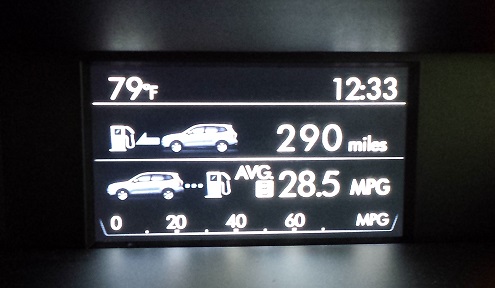
Saves Money on Gas:
- Higher MPG translates to better fuel efficiency. This means you can travel farther on less gas, leading to significant cost savings over time, especially with rising fuel prices.
- By comparing MPG ratings of different cars, you can choose one that aligns with your budget and driving habits. For example, if you drive long distances frequently, prioritizing a high MPG car can save you a substantial amount on gas in the long run.
Reduces Environmental Impact:
- Cars contribute significantly to air pollution and greenhouse gas emissions. Lower MPG cars burn more fuel, releasing more pollutants into the atmosphere.
- Choosing a car with a high MPG rating helps reduce your environmental footprint. This is beneficial for combating climate change and improving air quality.
Helps You Choose the Right Car:
- MPG is a crucial factor to consider when buying a car. It helps you compare different models and assess their fuel efficiency in relation to your needs.
- To Know MPG ratings and your driving habits, you can make an informed decision that considers both financial and environmental factors.
Overall, MPG is a key metric to consider when buying and operating a car. It influences your fuel costs, and environmental impact, and helps you choose the right car for your needs.
Frequently Asked Questions
What does MPG stand for in cars?
MPG stands for “Miles Per Gallon,” a measurement used to indicate how many miles a car can travel on a single gallon of gasoline. It’s a common metric for assessing a vehicle’s fuel efficiency in the United States, helping consumers understand how economical a car is in terms of fuel consumption.
Why do city MPG and highway MPG differ?
City MPG and highway MPG differ due to varying driving conditions. City MPG is typically lower because it involves more stop-and-go traffic, frequent braking, and lower speeds, all of which require more fuel. Highway MPG is higher as it involves consistent higher speeds with less frequent stopping, allowing the vehicle to operate more efficiently and use fuel more effectively.
How can I improve my car’s MPG?
Improving your car’s MPG can be achieved through several practices:
- Regular Maintenance: Keep your car well-maintained with regular oil changes, air filter replacements, and tire pressure checks.
- Smooth Driving: Avoid rapid acceleration and hard braking, as smooth driving helps maintain a more consistent speed and reduces fuel consumption.
- Reduce Weight: Remove unnecessary weight from your vehicle, as heavier cars consume more fuel.
- Use Appropriate Gears: For vehicles with manual transmission, using the highest appropriate gear will keep the engine speed lower and improve fuel efficiency.

Hi! I’m Larry Gibbs, studying mechanical engineering with a focus on cars. I really love Ferraris and write blog posts about the latest car stuff. When not studying or blogging, I’m usually on a road trip exploring new places. I also enjoy playing football and watching movies. Life’s an adventure, and I’m all about enjoying the ride!


